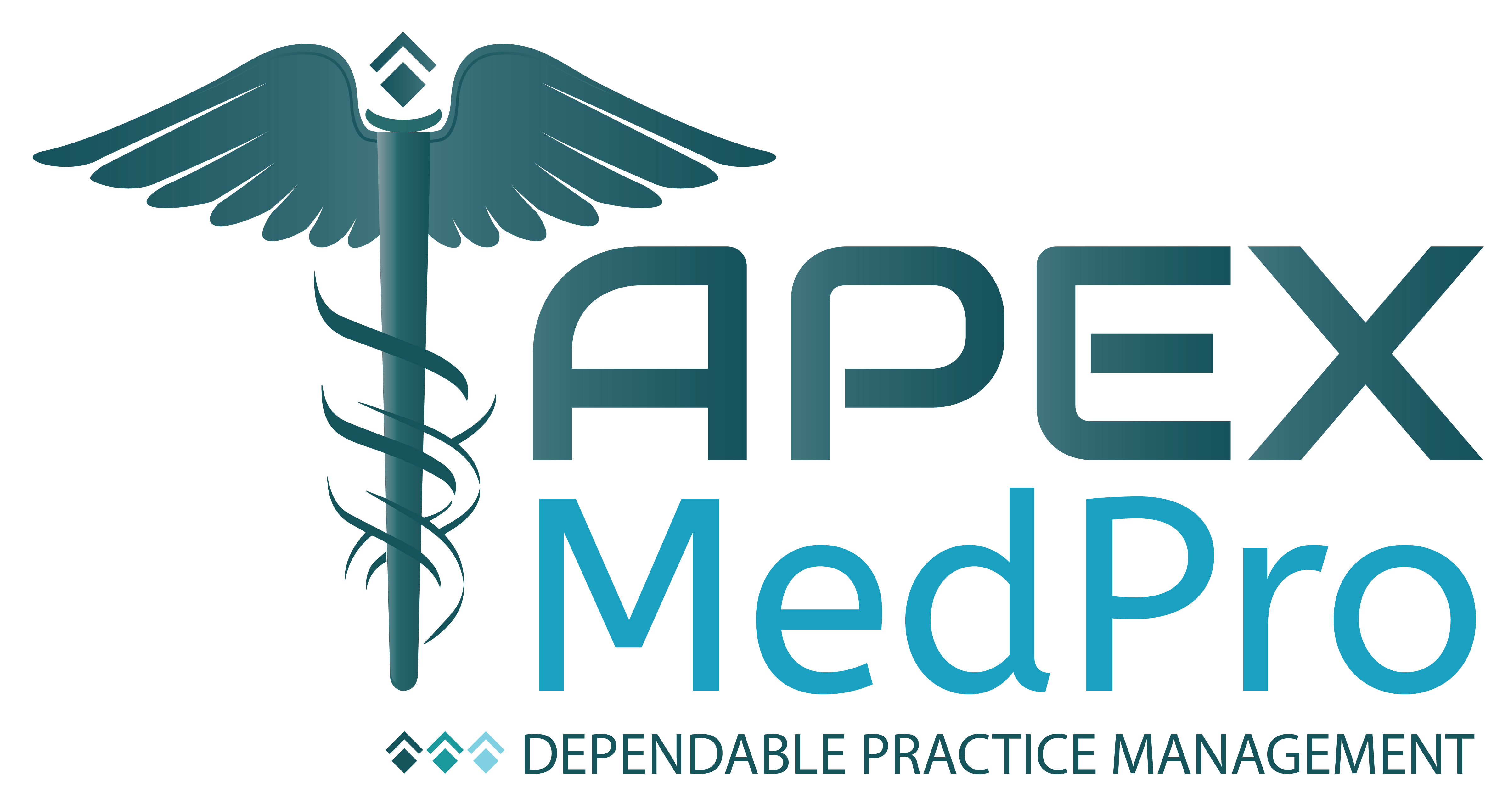Revenue cycle management is the bridge between the clinical & business sides of the healthcare industry. It refers to the entire chain of processes from scheduling a patient appointment to getting reimbursements from the insurance companies.
A key role played by KPIs in RCM is driving data-driven decision-making and implementing business transformation projects. Using RCM KPIs, you can benchmark the performance of your revenue cycle against your peers in the industry. We do this by evaluating your patient access team, quality of clinical documentation, cash flow cycle efficiency, and compliance with guidelines. In this article, we will highlight six of the 29 metrics defined by the HFMA, despite the fact that there are hundreds of industry-standard metrics available. The 6 KPIs listed below will help you manage your revenue cycle whether you run a physician practice or a hospital.
Cash Collections
Cash collection at the point of service is defined by the HFMA as all cash collected from a patient before, at the time of, or after the patient’s discharge. POS collections include self-pays and co-pays as well. Divide the POS payments by the cash collected for self-pay to arrive at the value for this KPI. You can track the efficiency of your POS systems or your staff by measuring cash collections. Your overall RCM process may also be improved by identifying and troubleshooting core POS problems.
Clean Claim Submission Rate
Clean claim submission rate is the percentage of insurance claims submitted timely and fully reimbursed the first time after submission. Measuring the clean claim rate allows healthcare organizations to track the efficiency of the claim submission process while calculating the average duration & cost it takes for a claim to be reprocessed. It implies that the time spent in AR and the time taken for the provider to get compensated are significantly reduced with a high clean claim rate. Both payers & providers incur significant costs when claims are not resolved on the initial submission. Measuring the clean claim rate allows healthcare organizations to track the efficiency of the claim submission process. This is done by calculating the average duration & cost it takes for a claim to be reprocessed.
Discharges Not fully Billed (DNFB)
A metric called Discharged Not Finally Billed (DNFB) is used to compare multiple hospitals in a given region. In order to calculate DNFB, divide the unbilled charge for discharged patients by the average daily revenue.
The DNFB applies to any condition in which the patient has been discharged without being billed for all medical care provided. In order to convert the services rendered into cash, the DNFB must be maintained within industry standards. Particularly in fast-paced emergency departments, DNFB is a major source of revenue leakage.
Days in Accounts Receivable
For days in AR, the MGMA provides a benchmark of less than 40 days. Using this KPI, you can determine how long it takes your team or system to collect payment for the services you provide. Average days in AR can be calculated by calculate the average daily charges – Add the daily charges for the past several months and divide the sum amount by the total number of days in the chosen period and divide the total accounts receivable by the computed daily average charges.
Claim Denial
A denial rate of 5% to 10% is acceptable, whereas a claim denial rate below 5% indicates a healthy revenue cycle management process and financial flow. To calculate the claim denial rate, divide the total dollar amount of claims denied by payers by the total amount submitted within the given period. If you claim the denial rate is above 10%, analyze your eligibility verification, coding, and credentialing functions.
Revenue per Encounter
Revenue per encounter can be defined and computed by dividing net collections by the number of patient visits in a given month. This metric can provide a quick view of the health of your revenue cycle.
For Revenue Cycle Management Services, please contact our Dedicated Billing Manager today! or Call us on 877-333-1760

